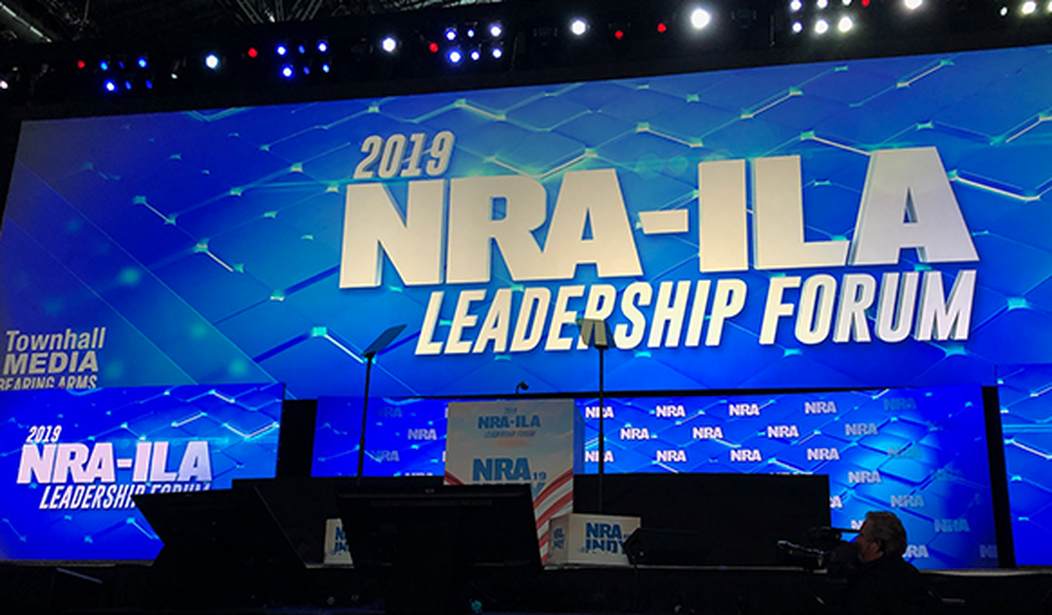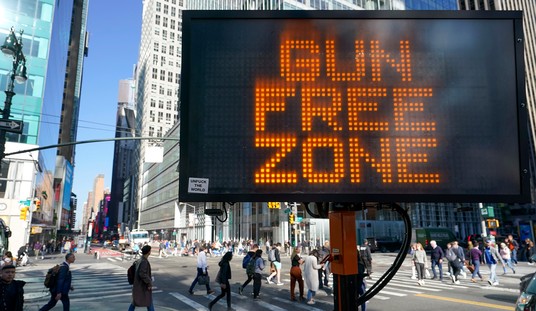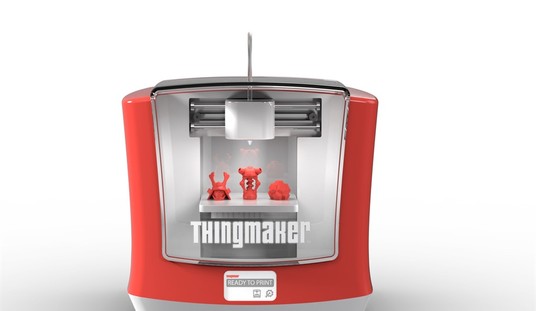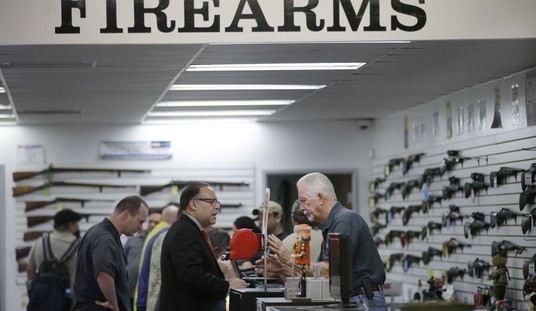The NRA has long been held as the boogieman by many on the anti-Second Amendment side of the equation. They hate the organization with a burning passion.
However, if you ask them why the NRA has so much power, they’ll give you a ton of answers. They’ll claim the NRA buys politicians–this despite not a shred of evidence that the NRA has actually bribed anyone–or they’ll say they’re in cahoots with the firearm industry.
This is an especially popular pastime in the media.
Yet the Deseret News seems to actually grasp why the NRA has the power it does.
However, even when we have good reason to suspect that particular groups are powerful, the ultimate source of a group’s power isn’t always easy to determine. From where, exactly, does a group like the NRA derive influence? Similarly, it can be challenging to identify the forms a group’s power takes. How, exactly, do business groups translate their resources into preferred political outcomes (such as the election of industry-friendly politicians and the adoption of industry-friendly regulations)? This difficulty is reflected in a lacuna in the field of political science, which acknowledges the importance of power but has struggled to explain how groups can build and use it over time.
…
existing accounts of important gun control policy battles, we know that a crucial aspect of the NRA’s influence is its ability to translate the political intensity of its supporters into influence over policy.
Gun rights supporters — especially NRA members and those whose status as gun owners is an important part of their personal identity — are very politically active, both generally and relative to individuals who support gun control: They’re more likely to write letters or donate money on behalf of their cause, more likely to participate in electoral campaigns and more likely to join advocacy organizations like the NRA. Further, a remarkable 71% of individuals who favor less restrictive gun laws reported in 2014 that they are unwilling to ever vote for political candidates who support gun control; among those who favor stricter laws, only 34% said that they are unwilling to vote for candidates who do not share their gun preferences.
It’s long, but author Matthew Lacombe does a pretty good job skimming through the rhetoric to understand exactly how the NRA built the power it has. It is, as I’ve pointed out before, in their members that represent the real power.
Gun rights advocates are often willing to tolerate a lot from a lawmaker so long as they’re good on guns. If they cross that line, though, it doesn’t matter where they stand on any other issue. They’re persona non grata from then on.
This is also why an effort to kill the NRA won’t have the impact New York Attorney General Letitia James seems to believe it will.
If the NRA were forcibly shut down tomorrow, the members would rally behind another group. More than that, though, they’d take the shut down of the NRA personally, like it was a direct attack on them.
They just think gun rights advocates are a pain now. They have no idea what will happen if the NRA were shut down because of an avowed anti-Second Amendment public official.
The membership would still remain, which means the power the NRA wielded will remain.
I’m just tickled to death to see someone in the media actually understand it.









Join the conversation as a VIP Member